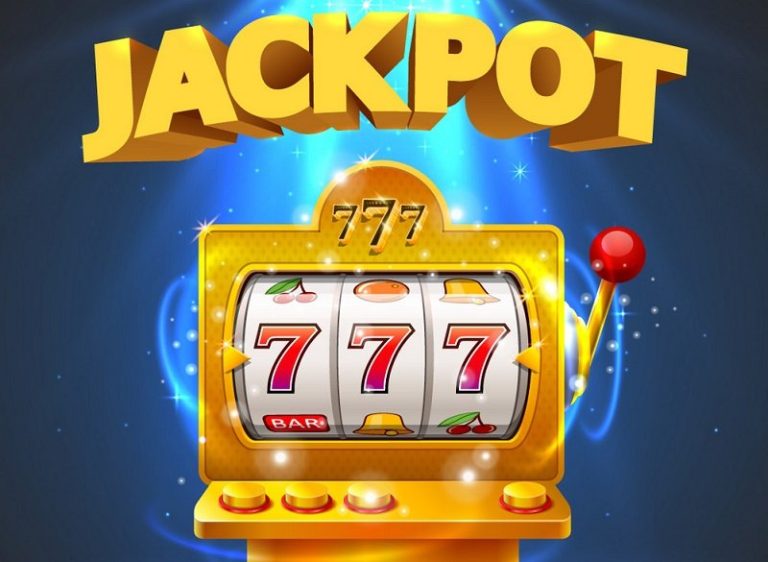Licensing of online casinos has long been the foundation of a civilized gambling market. It determines who has the right to provide services in the field of gambling, what standards must be followed, and how the interests of participants are protected.
For the player, a license is a guarantee of fairness and safety, and for the operator, it is an opportunity to conduct a legal business and attract customers without fearing claims from the state.
Why a Casino License is Needed: Importance for Players and Operators
A casino license confirms that the platform complies with established rules and requirements. It is issued only after checking the software, financial stability, transparency of payouts, and customer support operations. A platform that has undergone such a procedure is required to ensure data security, use certified software, and ensure that game results are generated fairly.
For an online casino operator, licensing is not just a legal formality but also a competitive advantage. Having a permit simplifies partnerships with major developers, opens access to international payment systems, and increases user trust.
Variety of Jurisdictions and Their Specifics
There are dozens of jurisdictions in the global market where online casino licensing is conducted, but the most sought-after remain three centers — Curacao, Malta, and the United Kingdom. They differ in approaches to regulation, tax policies, level of supervision, and the scale of requirements for operators:
Curacao
This jurisdiction is known for relatively lenient regulation. Licenses are issued quickly, taxes remain minimal, and the requirements for the operator’s initial capital are moderate. At the same time, regulatory control is not as strict, which suits young companies willing to invest in security and fairness independently.
Malta
The Malta Gaming Authority (MGA) is considered one of the most authoritative bodies in the gambling industry. Licensing here involves thorough checks of finances, technologies, data protection, and responsible gaming policies in online casinos. Malta’s license is highly valued worldwide and enhances the chances of successful operation in the European market.
United Kingdom
The UK Gambling Commission (UKGC) is known for its strict stance. The license obliges operators to strictly adhere to advertising rules, control the age of players, ensure transparency of odds, and conduct regular audits. The level of supervision here is one of the highest, shaping the country’s reputation as a reliable jurisdiction.
Key Requirements for Obtaining a License
Regardless of the country, online casino licensing involves passing a series of mandatory stages. Typically, an operator must:
- provide a full set of corporate and financial documentation;
- pass a reputation check of founders and key employees;
- ensure the presence of certified gaming software;
- confirm the protection of user data and transaction security.
Meeting these requirements guarantees that the operator complies with international standards of fair play.
How to Verify a Casino License?
To avoid interacting with illegal platforms, it is important to ensure the authenticity of the permission. To do this, you should:
- find information on the license number and jurisdiction on the website;
- verify the data with the official regulator’s registry;
- check the document’s expiration date;
- ensure that the specified regulator has international recognition.
Such verification protects against fraud and ensures a safe gaming experience.
Impact of Licensing on Safety and Fairness
For the player, licensing means protection of funds, confidentiality, and a guarantee of transparency in online casinos. Licensed operators are required to use random number generators certified by independent auditors. This eliminates the possibility of manipulation of results and makes the gaming process fair.
The regulator also monitors the timeliness and completeness of payouts and provides mechanisms for dispute resolution through independent structures.
Operators’ Responsibility and Sanctions
In case of license rule violations, the regulator has the right to impose fines, temporarily suspend activities, or completely revoke the permit. Penalties can reach millions of dollars, motivating companies to operate honestly.
Furthermore, without a license, an operator loses the right to operate legally in most countries, and their site risks being blocked.
Government Oversight and Combating Fraud
Jurisdictions issuing licenses conduct constant monitoring of operators’ activities. This includes control over funding sources, protection against money laundering, compliance with age restrictions, and prevention of gambling addiction.
Thanks to such supervision, online casino licensing becomes an effective tool in combating fraud and shadow schemes.
Market and Perspectives
With the growing popularity of online gambling, the role of licenses is only strengthening. Platforms operating under regulatory control gain more trust and have the prospect of sustainable development. For businesses, it is a way to enter the international level, and for players, a guarantee of fairness and transparency.
Conclusion
Licensing is a key element of a safe and civilized online casino gambling market. It protects the interests of players, ensures the fairness of software, transparency of payouts, and stability of operators’ operations. For jurisdictions, a license is considered a tool for regulation and creating a healthy competitive environment.



